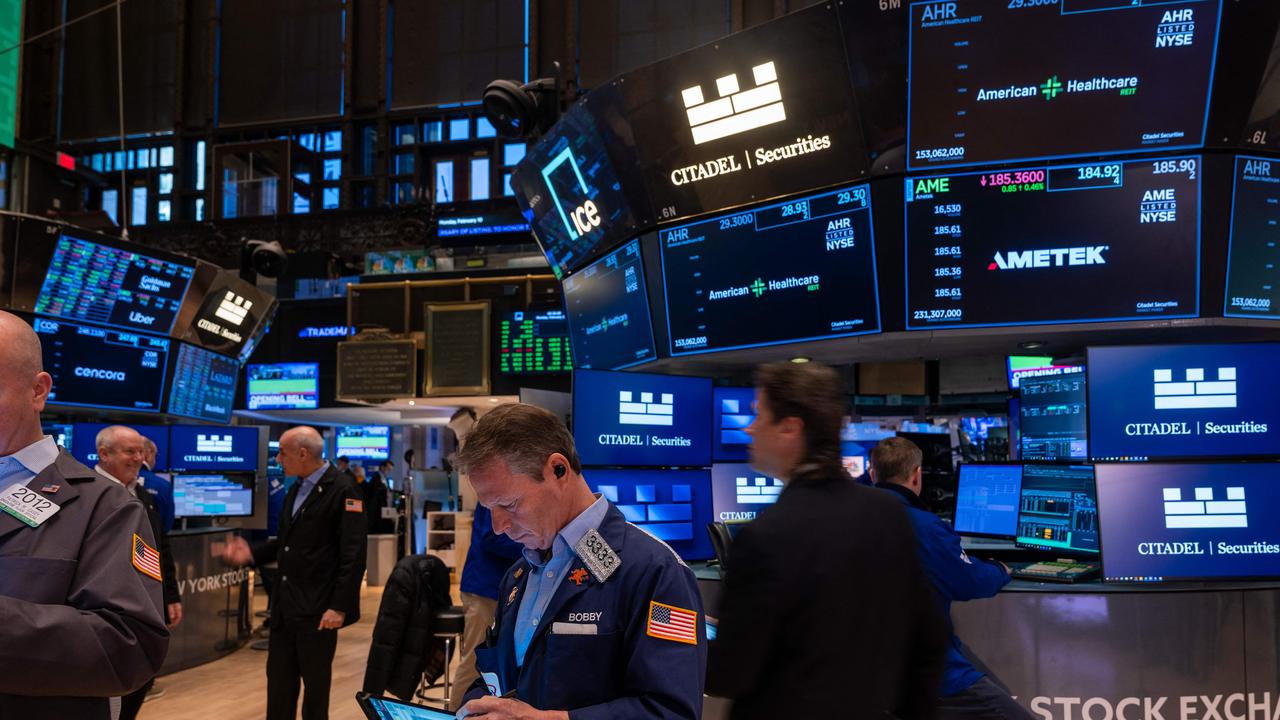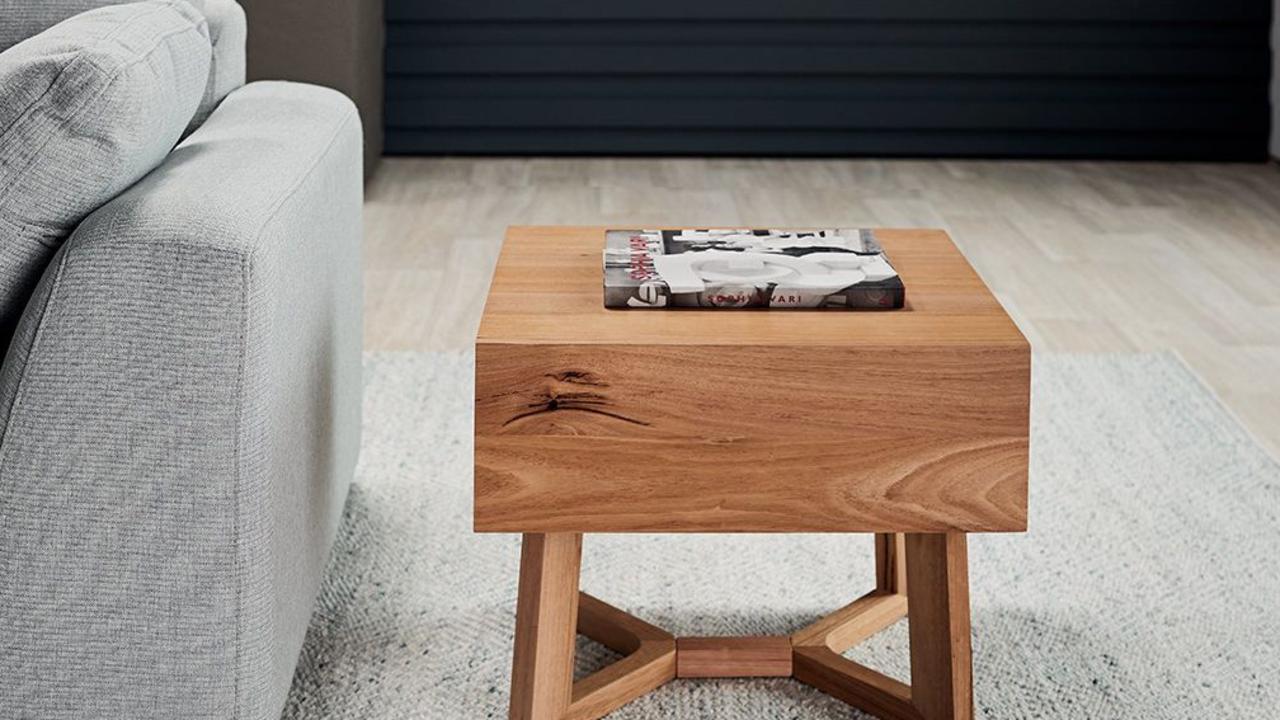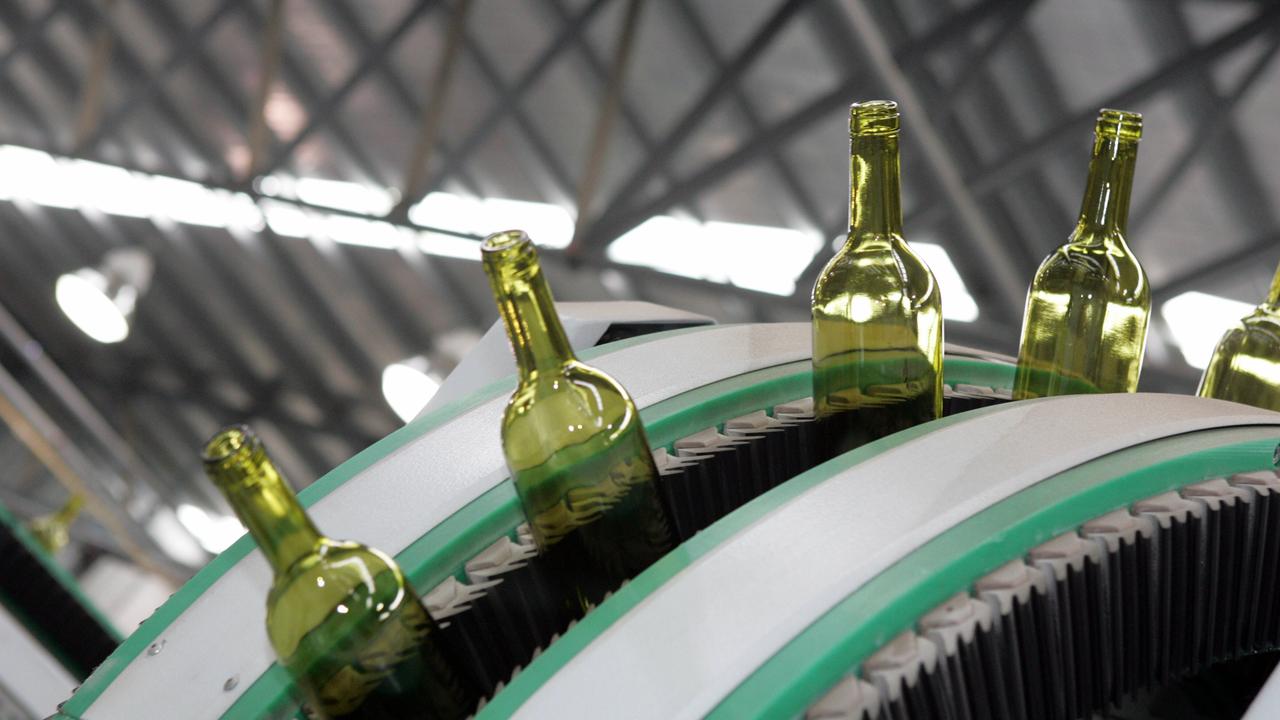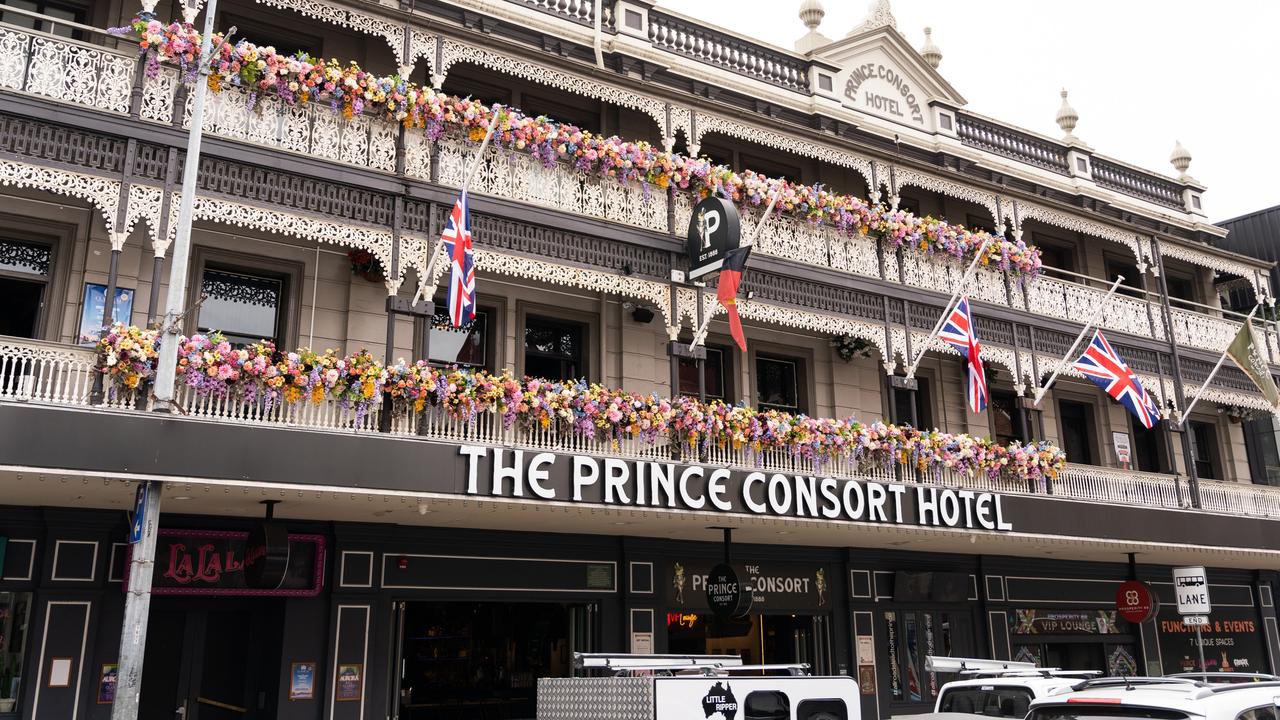Investors were given a back seat in the budget, but make sure you know where to find the freebies
Forget those saying there was nothing in the budget because there are a range of important details either noted or implied which every investor should understand. Here’s what you should know.
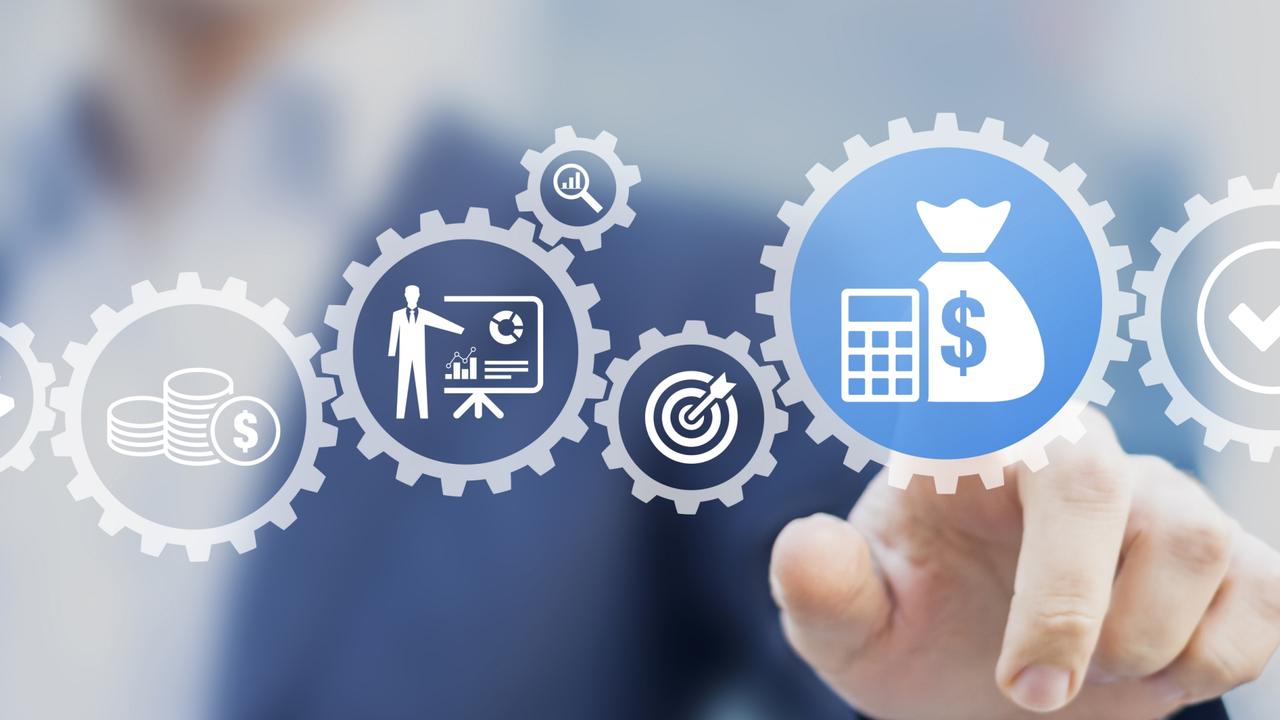
Business
Don't miss out on the headlines from Business. Followed categories will be added to My News.
Investors looking for incentives, or merely improved investing conditions, were knocked back in the budget. Instead the government has plied the market with handouts.
There were handouts for householders (energy rebates), for renters (rent assistance) and for pensioners (a double gift with no move to link key programs to inflation).
Believe it or not there were even handouts for mining stocks in the form of a $7bn tax credits plan for critical minerals. That’s why critical mineral stocks bounced higher midweek.
If you want to self fund your own super, you will find no help in this budget.
In contrast, if you are looking to live off the pension, the terms just got better as the freeze on the deeming rate of 2.25 per cent has been extended for 12 months. (The deeming rate is the government’s assumed return on a retiree’s investment, it determines how much of the pension can be accessed).
It’s not what most investors were looking for. But hey, why wouldn’t you take advantage of something that’s been handed out gratis? (We will take a look at these items in detail a little later).
Indeed, opportunities to get investors involved in the wider economy were absent. Just to take one example: Student housing in an investment property asset class.
There is a shortage of student accommodation. Income-hungry investors would be keen to see a government-backed scheme. Instead, the Albanese regime has simply handballed the issue to the universities by telling them their intake of foreign students will be linked to the provision of student accommodation.
This complete lack of encouragement for investors – especially in super – may well be starting to bite. The amount of tax revenue the government received from super was lower than expected. The government expected $15bn in 2024 but the figure was revised down to $11bn.
Despite the drop-off this year, the government bravely assumes it will fly up to $19.8bn in the 12 months to June 30, 2025. Economists say that projection implies money that never came in last year will somehow materialise this year. Along with that it assumes there will be very strong growth over the coming financial year.
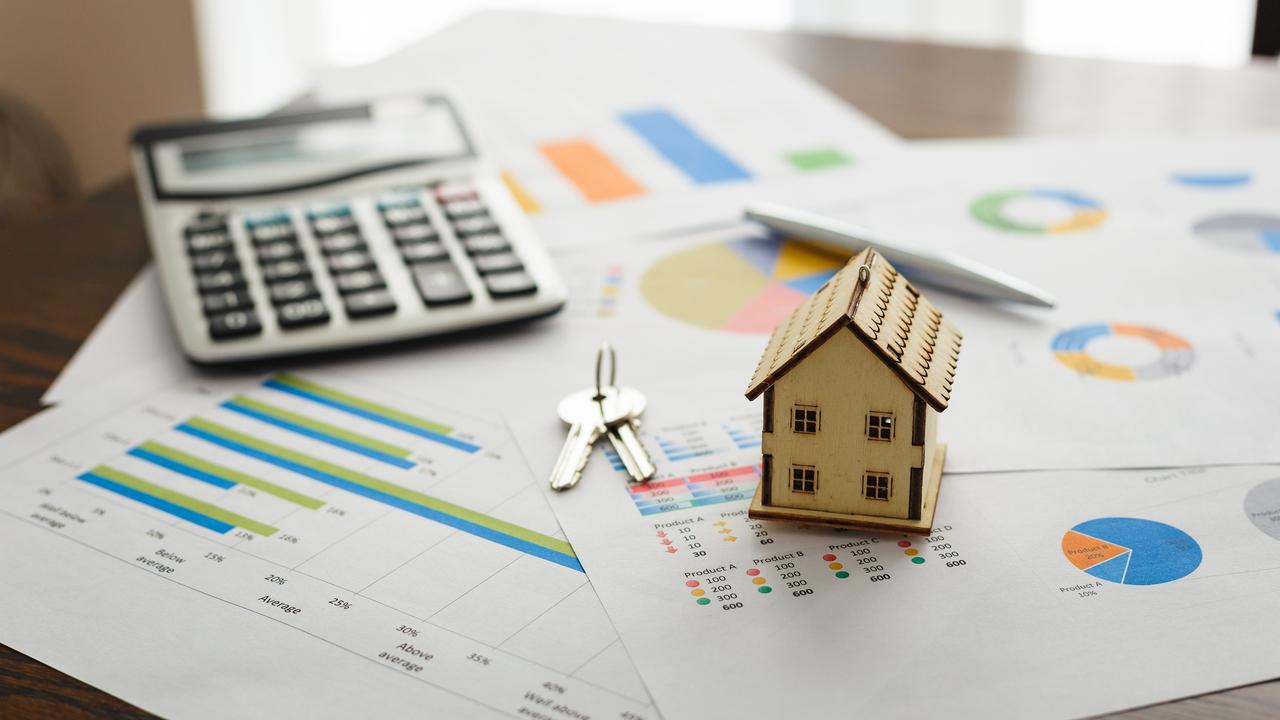
More likely, it also reflects how big funds are getting smarter at engineering their tax returns while individuals are becoming a lot less keen to put money into super; the looming $3m super tax will accelerate this trend.
Standing back from the blizzard of details in Jim Chalmers’ third budget there are two outstanding features that matter to investors. First, the inflation factor and second, the final arrangement of personal tax cuts.
On the inflation front, the concept put forward by the Treasurer, that huge financial support for rent and energy bills would mean lower inflation, is not convincing. These subsidies temporarily halt upward inflationary pressure – which is not quite the same thing.
As economist Chris Richardson says: “Subsidies are not a way to lower inflation, they add to the money in the economy that is available to be spent.”
The tax cuts most definitely are a boost to investors – but they have been a long time coming and for the top tax bracket, they were watered down in the final lap by the Albanese government.
Once the investor has taken those two factors into account then it’s a question of getting across the budget details. Not for the first time we hear those who should know better say there was “nothing in the budget”.
Actually, there was a range of important details either noted or implied across the budget papers that every investor should get across.
Here’s what you need to know:
Tax cuts finally kick in from July 1 so will they be inflationary?
The government says inflation will be trimmed by new subsidies in energy and rental assistance. Economists say “not really, it’s just a temporary suspension of reality”.
For the record, NAB’s federal budget note on the handout blitz went like this: “Once subsidies are no longer in place, they add to inflation.”
Either way, people will have more take-home pay in their pocket. The unknown factor is how will the extra money be used? Will people splash it in the shopping centres or be frugal? Curiously, an earlier report from NAB that received little attention suggests the majority of people will save or invest the extra cash. NAB said almost a third of Australians plan to stash extra cash into high-interest savings accounts.
Doing nothing in pensions means doing favours
The deeming rate, which dictates pension access, is at 2.25 per cent. The cash rate is now at 4.35 per cent.
As Wayne Strandquist of the Association of Independent Retirees told The Australian before the budget: “We have accepted we will see the deeming rate rise.”
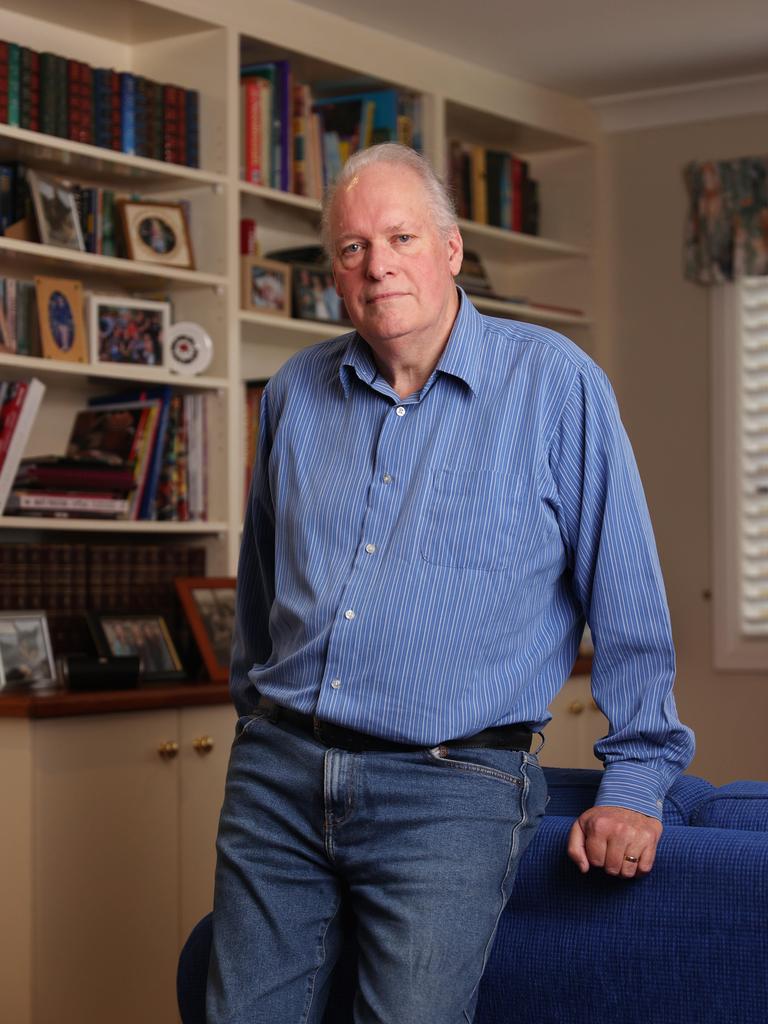
Well, it didn’t rise and it means an effective gift to about half a million older Australians. Separately, (as James Gerrard writes today) the guidance rate for the Home Equity Access scheme was also left unchanged at 3.95 per cent. In other words the government rate on reverse mortgages is now less than half the rate charged by commercial lenders. It’s a giveaway for those who suit the program.
Housing and house prices
The budget added another $6bn to a housing program and much-needed social housing is the big ticket item.
The provision of low-cost housing should incrementally reduce rental pressure across the market. Politically, housing is a clear line of separation between the ALP and the Coalition. Opposition Leader Peter Dutton said his party would cut immigration by 25 per cent a year which this would free up rental accommodation in particular.
However, behind all the action, house prices are fuelled by negative gearing and capital gains tax exemptions. Neither side of parliament appears willing to go near this incendiary issue.
Superannuation changes keep coming
Key changes are coming. The amount which must go into super annually from your salary, by law, rises from 11 to 11.5 per cent on July 1. Also the amount you can contribute pre-tax to super rises from $27,500 to $30,000 from July 1, so don’t overlook these two changes if you make voluntary contributions.
The new super tax is set to effectively commence from July 1 with a formal collection date beginning on July 1, 2025. The issue is being debated in parliament. Just now it looks like the controversial move to have this 15 per cent tax on amounts over $3m based on unrealised gains will go ahead – and it won’t be indexed for inflation.
Government-funded parental leave is about to be paid on super too. This new deal has a starting date of July 1, 2025.
And that’s not all. Peter Dutton’s budget reply speech said “I affirm our policy commitment to allow Australians to use their super to buy their first home”. Watch out, this issue is going to boil up before the next election.
$300, whether you want it or not
The measure which will never be forgotten in this budget is the extraordinary decision to give every household in Australia a $300 energy bill rebate, regardless of assets. Yes, Anthony Pratt will get it, yes Gina Rinehart will get it too. You might call this measure imprecise – or you could call it sloppy, but universal giveaways always are – remember the Covid payments!
At least this time the money can only be spent on energy bills. Remarkably, the $300 goes to the person whose name is on the energy bill, so if you are among the half a million Australians with two bills – one for the home and one for the holiday house – there is $600 coming your way. But who’s counting such trifling details in a $3.5bn program?
James Kirby hosts the twice-weekly Money Puzzle podcast
More Coverage
Originally published as Investors were given a back seat in the budget, but make sure you know where to find the freebies




